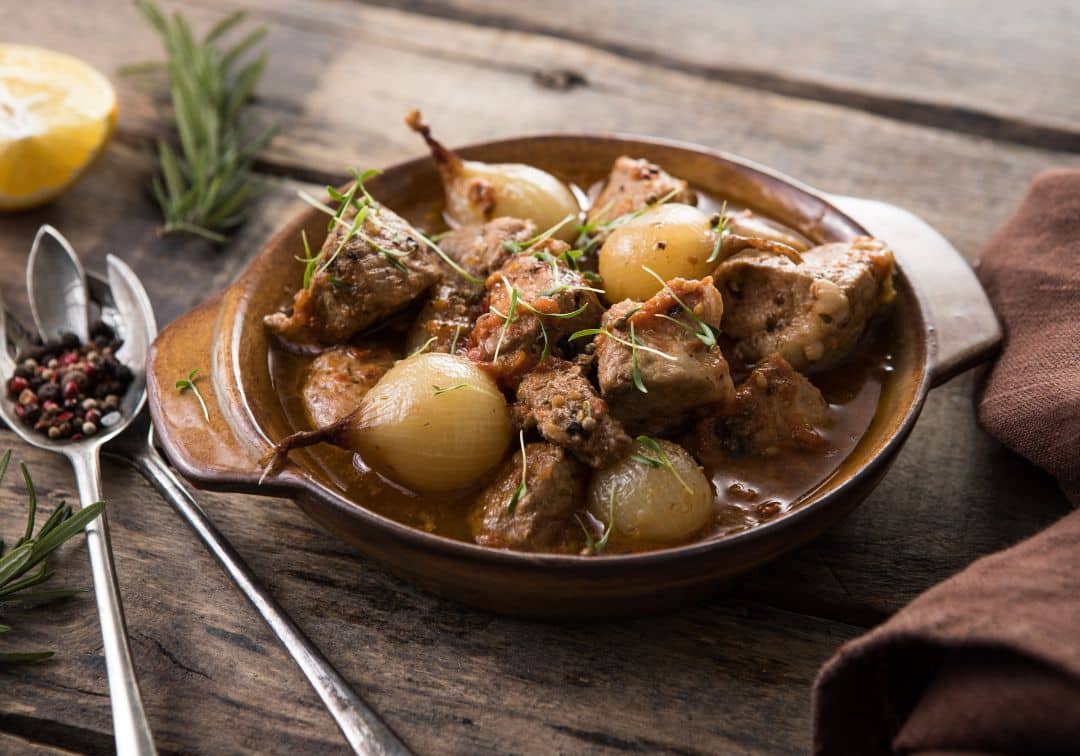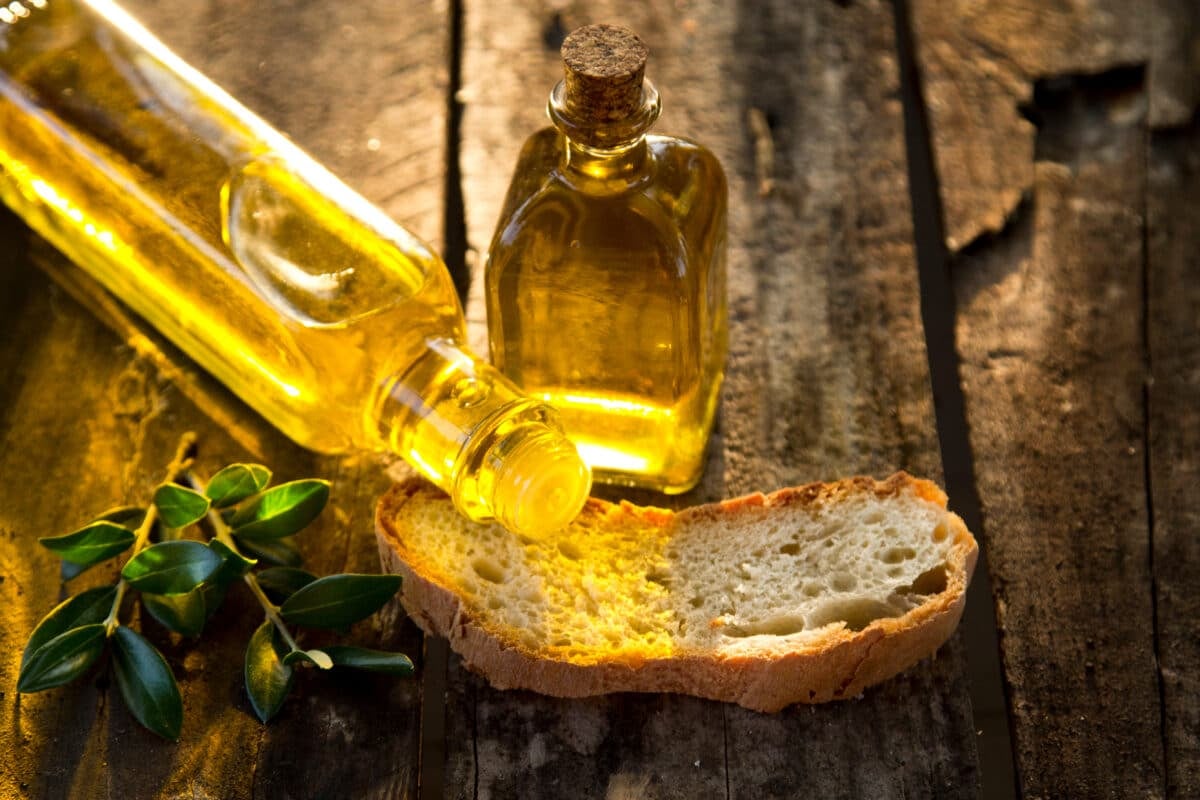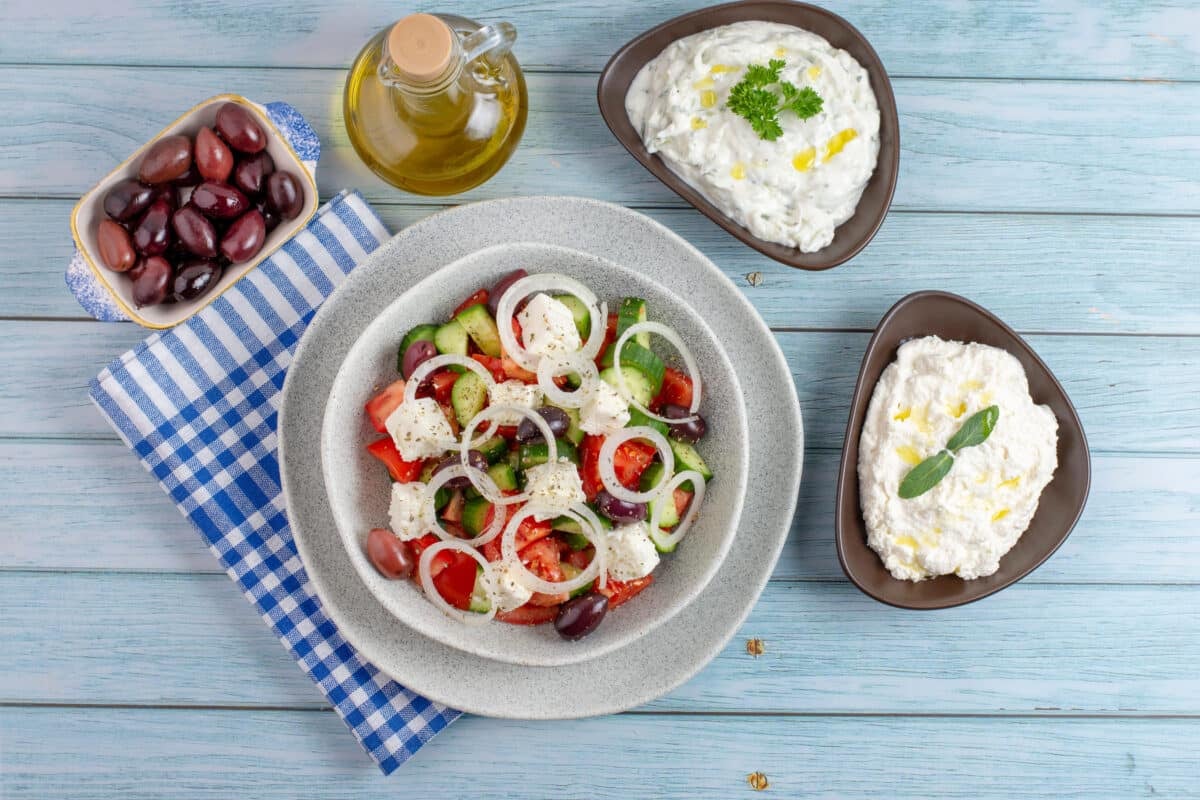Our Blog
Discover the Food from Greece: A Journey into Greek Cuisine

Embark on a culinary adventure as we dive into the food from Greece. From the beautiful Greek islands to the busy streets of Athens, Greek cuisine is a sensory delight. This rich culinary tradition blends Mediterranean, Middle Eastern, and Balkan flavors.
Traditional Ingredients and Flavors in Food from Greece
Greek cuisine focuses on fresh, locally sourced ingredients, celebrating simplicity and authenticity. Above all, the Olive oil which is the cornerstone of Greek cooking, used in meats, vegetables, dips, and dressings. Greek olive oil offers a robust flavor that reflects the country’s Mediterranean climate and the dedicated care of its farmers. Additionally, lemons contribute a tangy, refreshing essence to many dishes, from seafood to stews.
Additionally, Greek cuisine relies heavily on herbs and spices, particularly oregano, thyme, and garlic. These ingredients add depth and complexity to dishes, reflecting Greece’s rich history and cultural influences. Each region of Greece boasts its own unique blend of herbs and spices, showcasing the land’s diverse culinary traditions.

Famous Greek Dishes and Their Origins from Greece
Greek cuisine is a blend of flavors passed down through generations. For example, souvlaki, skewers of marinated meat, originated in Athens. This street food symbolizes Greek culture, with regional variations in meat, marinades, and accompaniments.
Another popular dish in Greek cuisine is moussaka, a layered casserole of eggplant, ground meat, and béchamel sauce. This dish traces its origins to the Ottoman Empire, where it was known as musakkâ. Over time, Greeks adapted the recipe, creating the rich, comforting dish we love today.
Tzatziki, a yogurt-based dip, is a staple in Greek cuisine. It pairs well with grilled meats, fried foods, and fresh vegetables. Originating in the Balkans, Greeks have made tzatziki their own by adding garlic, dill, and lemon.
Regional Variations in Food from Greece
The food from Greece varies widely due to the country’s diverse geography and rich cultural heritage. For example, in coastal regions, seafood is king, with dishes like seafood stew and grilled whole fish. The Ionian Islands, influenced by Venetian cuisine, are known for creamy pasta dishes like pastitsio. Inland, hearty stews and roasted meats dominate the mountainous regions. Northern regions, such as Macedonia and Thrace, are famous for pies like spanakopita, while the Peloponnese is known for its olive oil and wild greens dishes like horta.
Health Benefits of the Mediterranean Diet
Greek cuisine is rooted in the Mediterranean diet, which is known for its health benefits. This diet emphasizes fresh produce, whole grains, pulses, and healthy fats like olive oil and nuts. Moreover, the Mediterranean diet is more than just dietary guidelines; it’s a holistic lifestyle celebrating shared meals, physical activity, and social connections. By focusing on minimally processed, nutrient-dense foods, this diet reduces the risk of chronic diseases like heart disease, diabetes, and certain cancers.

Greek Culinary Traditions and Customs in Food from Greece
Greek cuisine is a way of life, deeply rooted in cultural traditions. Mealtimes are about more than sustenance; they’re a time for family and friends to gather, share stories, and savor the flavors of Greece. Greek hospitality, or filoxenia, is central to the country’s culinary culture. Hosts welcome guests with open arms and a table filled with meze, small plates designed to stimulate the appetite and encourage conversation. These shared plates, like dolmades, tiropites, and keftedes, reflect the Greek love of communal dining.
The Cultural Significance of Food from Greece
Greek food is a tapestry of cultural traditions, historical influences, and regional identities. Small-scale producers, family-run tavernas, and local markets form the backbone of Greek food culture. These purveyors of traditional ingredients and recipes maintain a culinary legacy dating back to ancient Greece. Food plays a significant role in Greek social and cultural life. Festivals and celebrations often involve traditional dishes, creating community and a connection to the land. Sharing a meal with family and friends represents values of hospitality, generosity, and cherishing roots.

Celebrating Greek Food at Festivals and Events
Greece celebrates its culinary heritage with food festivals and events showcasing regional cuisines and traditions. These gatherings offer a unique opportunity to experience Greek food culture. The Naoussa Wine Festival in Macedonia celebrates the region’s red wines, accompanied by traditional dishes like moussaka and sykotaria. Visitors can enjoy tastings, cooking demonstrations, and grape stomping, connecting to Greece’s ancient winemaking heritage. The Kalamata Olive Oil Festival in the Peloponnese highlights the importance of olive oil in Greek cuisine. Visitors can explore olive groves, sample oils, and learn about traditional production techniques. The festival features dishes showcasing olive oil, from Greek salads to baklava.
Exploring Greek Cuisine at Restaurants and Food Tours
For an immersive culinary experience, Greece’s vibrant restaurant scene and food tours offer a wealth of opportunities. From Athens’ bustling streets to the picturesque islands, Greece’s culinary landscape is diverse and rich. In Athens, the Varvakios Agora (Central Market) is a bustling hub where visitors can browse fresh produce and sample local specialties. Guided food tours offer insights into artisanal producers, traditional recipes, and techniques. Beyond Athens, the Greek islands offer unique gastronomic experiences. For instance, in Crete, visitors can tour olive groves, vineyards, and family-run tavernas, learning about olive oil production and dishes like dakos. The Cycladic islands, like Santorini and Mykonos, are known for seafood cuisine, with restaurants and food tours showcasing Aegean Sea bounty.
Conclusion: Discovering the Rich Food from Greece
Our journey through the food from Greece reveals a rich, diverse culinary landscape. Greek food is a testament to the country’s history and its deep connection to the land and sea. Greek flavors are captivating, from olive oils and citrus notes to aromatic herbs and grilled meats. But, exploring Greek cuisine is more than a palate journey; it’s a spirit journey. The Greek table is where traditions are honored, and new ones are born. Embrace filoxenia, the Greek art of hospitality, and let the food from Greece transport you to a world of culinary enchantment.
